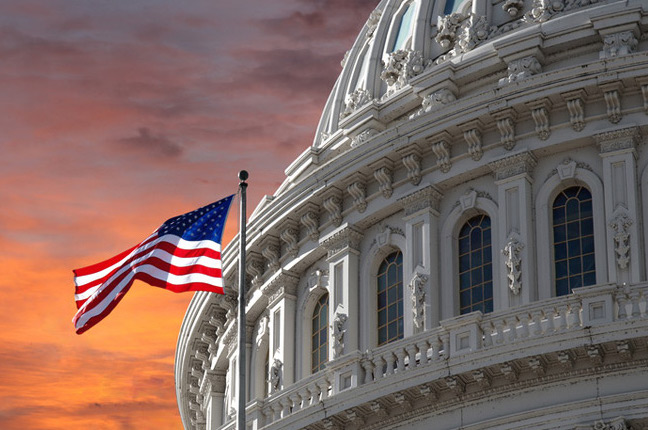 For as long as there have been government communicators and media who report on government, there has been lively debate on the function and value of government communicators. My post today adds to that discussion between the “flacks” and the “hacks” whose symbiotic relationship fuels our democracy through the free and open exchange of public information and ideas. As a government communicator with more than 27 years of full-time and part-time (collateral duty) public affairs experience gained through 29 years of active duty military service, one year of service as a federal employee, I feel uniquely qualified to speak on the matter.
For as long as there have been government communicators and media who report on government, there has been lively debate on the function and value of government communicators. My post today adds to that discussion between the “flacks” and the “hacks” whose symbiotic relationship fuels our democracy through the free and open exchange of public information and ideas. As a government communicator with more than 27 years of full-time and part-time (collateral duty) public affairs experience gained through 29 years of active duty military service, one year of service as a federal employee, I feel uniquely qualified to speak on the matter.
Hacks (media) and flacks (government communicators) need each other, we give and take from each other to keep interested audiences informed about the activities of their local, state and federal government agencies. Flacks need the media to help tell their agency’s story – hacks need flacks to gain access to sources, information and story content.
I have always viewed my position as a government communicator as a privilege, and I’ve always felt humbled and honored to serve our nation in this capacity.
It’s a privilege to tell the story of the agencies I have worked for, whether it be through capturing and marketing imagery, authoring news releases and feature stories, conducting on camera, live, in-studio or phone interviews with media, engaging communities in social media, developing website content, publishing magazines or newsletters, developing communication strategies, conducting response and crisis communications, staffing static displays or giving facility tours. Being the voice of an agency when it’s celebrating its crowning achievement, when consoling families and friends when having to announce the loss of life, or serving as the spokesperson for an agency at the zenith of its success, or in the darkest of its troubled days of a crisis of reputation, is a privilege so few in government have the opportunity to embrace and be humbled by.
With this privilege comes significant responsibility. Government communicators must speak truth to power and serve as the champions of accountability and transparency – often in organizations reluctant to engage audiences and often at significant career risk. We communicate the truth, following an axiom of ‘maximum disclosure with minimum delay’ bounded by the tenants of security, accuracy, policy and propriety.
With our privilege comes the duty to keep citizens informed about the activities of their government, not just when convenient or when things are good, but also, and with equal resolve and vigor, when things have gone wrong, or when facts come to light that do not reflect favorably on our agency. We strive to ensure information is withheld only when there are clear legal reasons to do so, including operational security, information security, and privacy act requirements. We provide context to the facts we release, but we do not editorialize, and we never lie.
To accomplish our mission we provide journalists the information they need to develop and write stories, within the boundaries of the law. We provide them access to subject matter experts so that they can get details that explain the intricacies of policy or technical information. We are not the gatekeepers of information or access, no; we are the professionals who facilitate journalists’ access to information, imagery and people. Government communicators work in a dynamic and complex environment, spurred by the nearly instantaneous sharing of imagery and information via the digital information environment.
The challenges associated with working in this environment make me appreciate organizations like the National Association of Government Communicators, for which I serve on the board of directors, because it is dedicated to the profession of government communications. NAGC’s code of ethics reflects our true north and our approach to government communication, “Members of the National Association of Government Communicators pledge and profess dedication to the goals of better communication, understanding and cooperation among all people. We believe that truth is inviolable and sacred; that providing public information is an essential civil service; and that the public-at-large and each citizen therein has a right to equal, full, understandable, and timely facts about their government.”
I doubt this blog post alone can change anyone’s preconceived notions about the role of “flacks” but I do hope you’re less inclined to think of us as spin-doctors, propagandists or publicists. We are government communicators, and we tell the stories of government.




I could not have said it better myself! Well done!!!